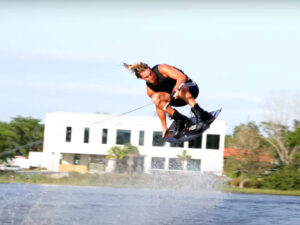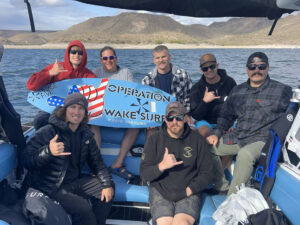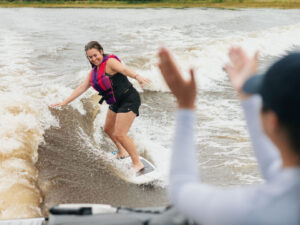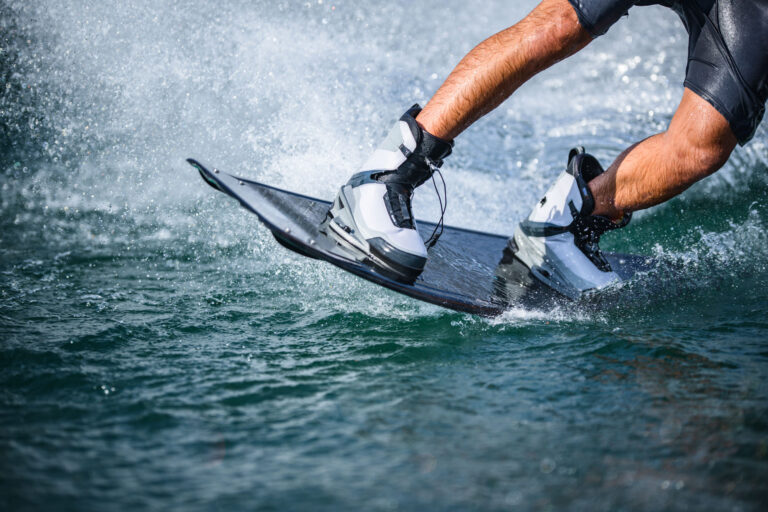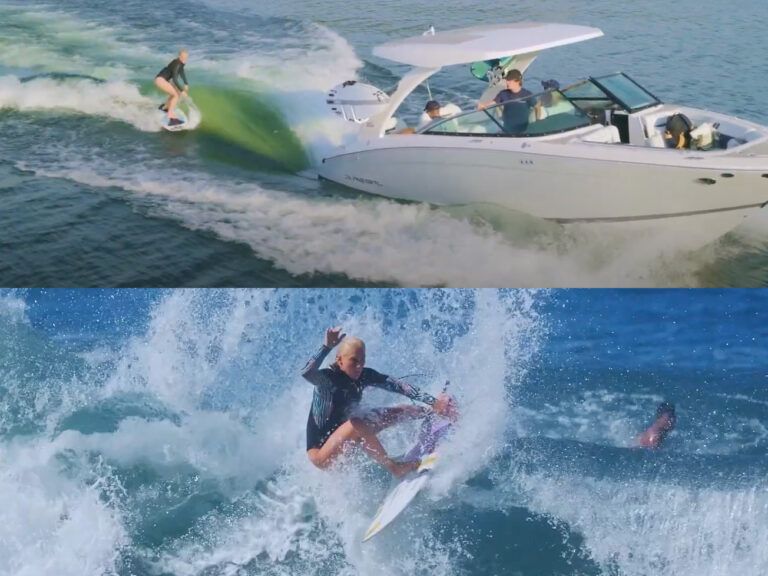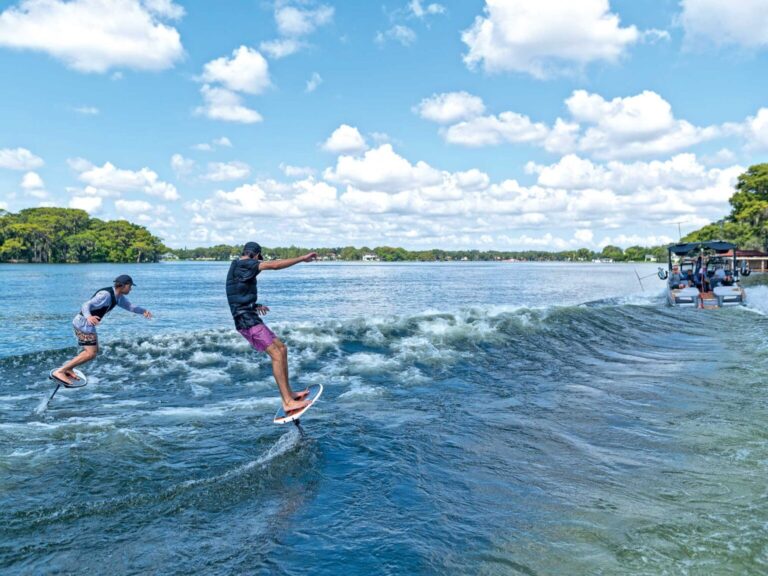It’s pretty common knowledge that there’s a lot more to being a pro than just riding well. What you do off the water plays a big part in a professional wakeboarding career. Take it from these guys, who first discovered their niche by making it about more than just wakeboarding.
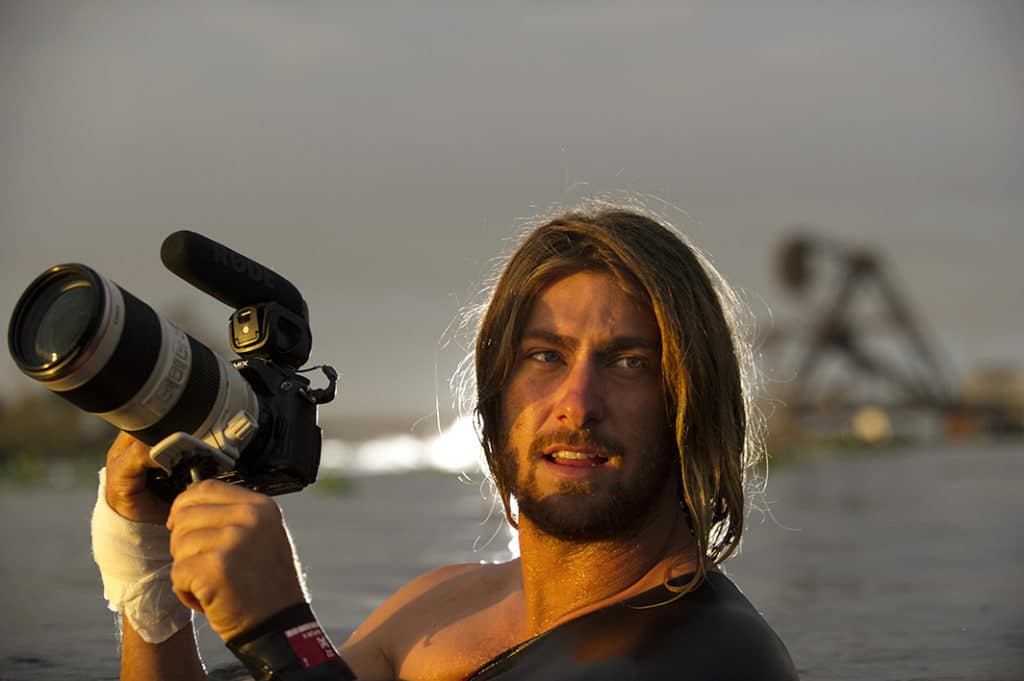
Trever Maur
Making media matter.
How did you become a professional rider and filmer?
TM: I didn’t wake up one day and say, “I’m going to just edit vids as my ‘thing.'” When my riding started improving in 2005, I wanted a sponsor tape. So I made one. Every year after that, I would make a new one. I guess it just turned into a passion, but it was pretty unintentional.
How has seeing your own riding on film affected how you ride?
TM: Let’s say I have a lot of footage that won’t be making the light of day. [Laughs.] It really helps you buckle down and get critical on how each trick looks. Stomping a trick is cool, but until it looks exactly the way you want, it’s not finished.
Rusty Malinoski
Fitness-fueled progression.
When did you start taking your riding and training seriously?
RM: Probably around the year 2000. I graduated in 2002 and made the move down to Florida to take it to the next level. I had nothing else to do but ride and stay fit, so I devoted a lot of time to that.
How do you think you’ve affected the industry’s perception of being physically fit?
RM: I have always felt that the better shape I was in, the more I could ride and the harder I could ride. In the early parts of my career, I was definitely one of very few who took fitness seriously. Back in the day, it wasn’t very cool to go to the gym. Now I feel that a lot of riders see the importance of staying physically fit.
JD Webb
Represent like a pro.
How has being outgoing and personable affected your career?
JW: In my eyes, the harder you work for your brands — not only on the water but at boat shows and demos too — the more chance you have at having a long, successful career. At the end of the day, they want someone who is not only a good athlete, but who also has a good work ethic and is reliable.
How does it affect your relationships with your fans?
JW: If you give people your time and sit down and chat with them, you get a fan for life. I was in their shoes at one point too. I looked up to guys like [Shaun] Murray, [Scott] Byerly and Zane [Schwenk], and they were always down to chat and help me in any way possible.
